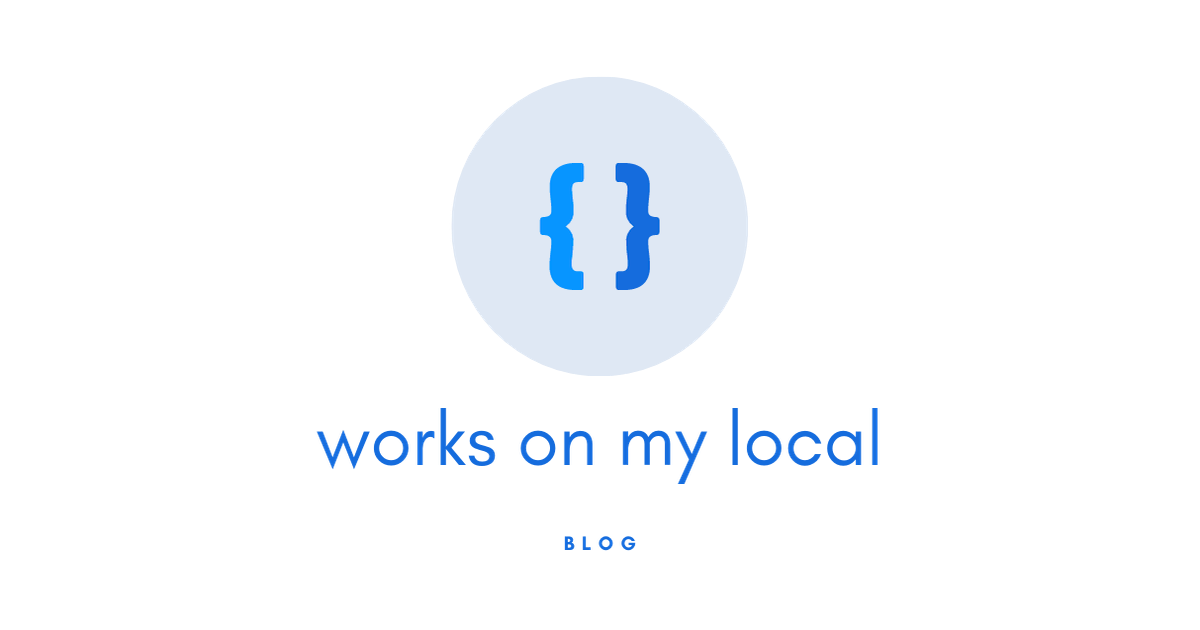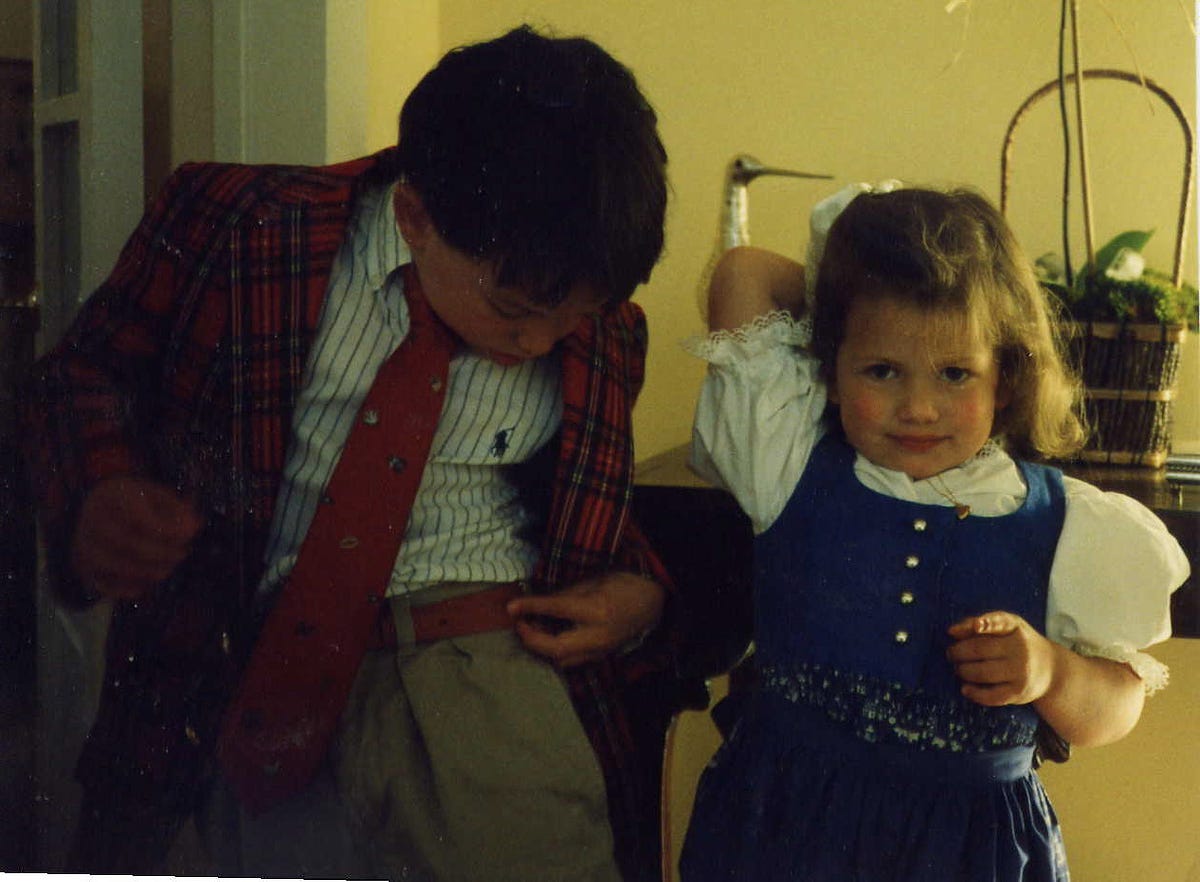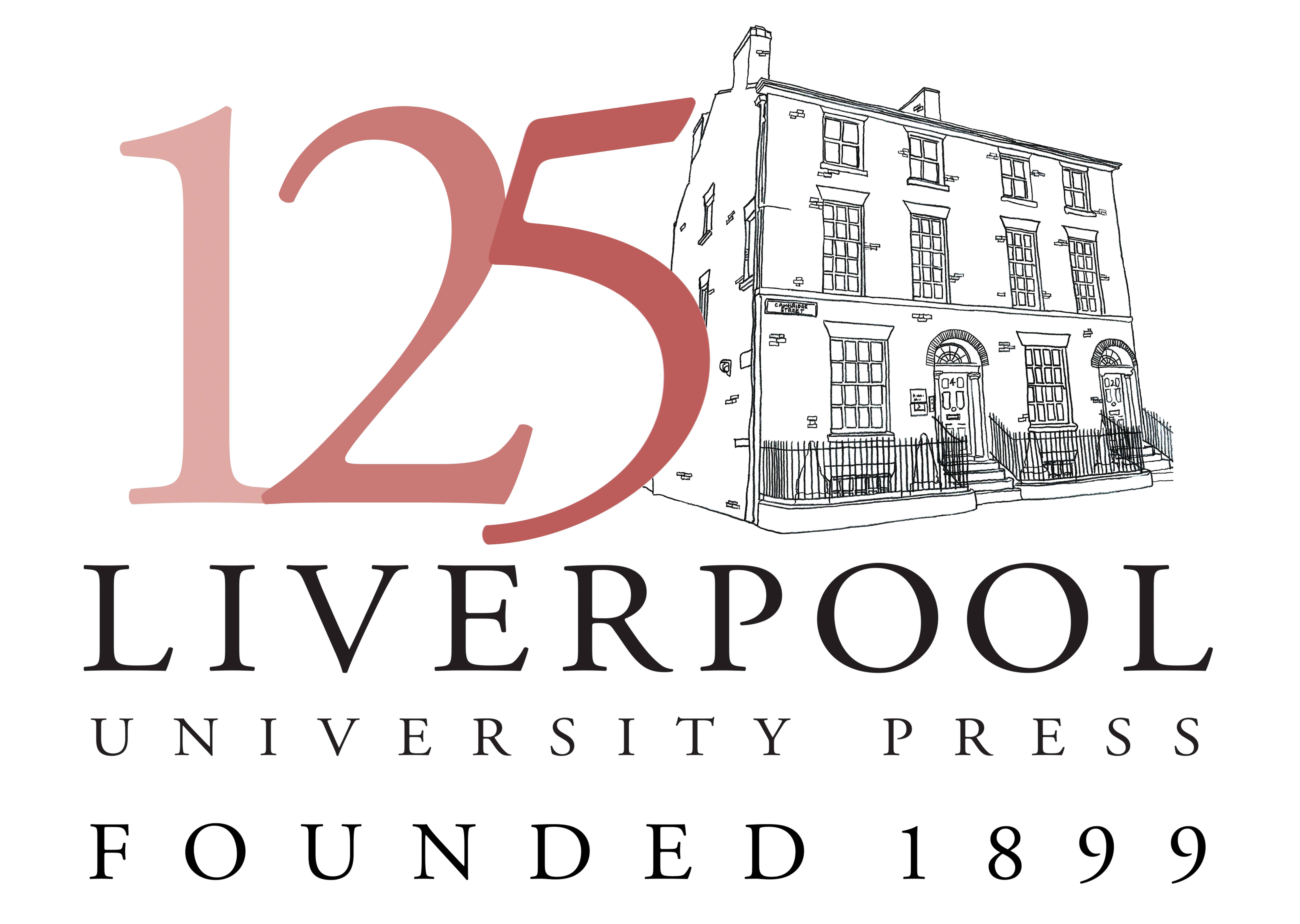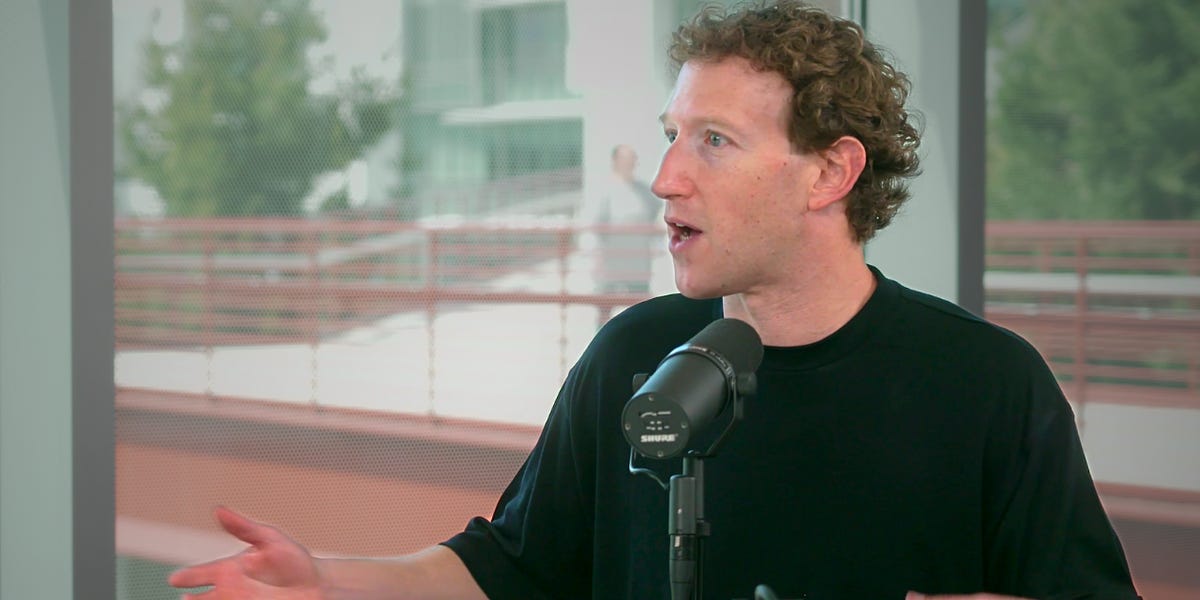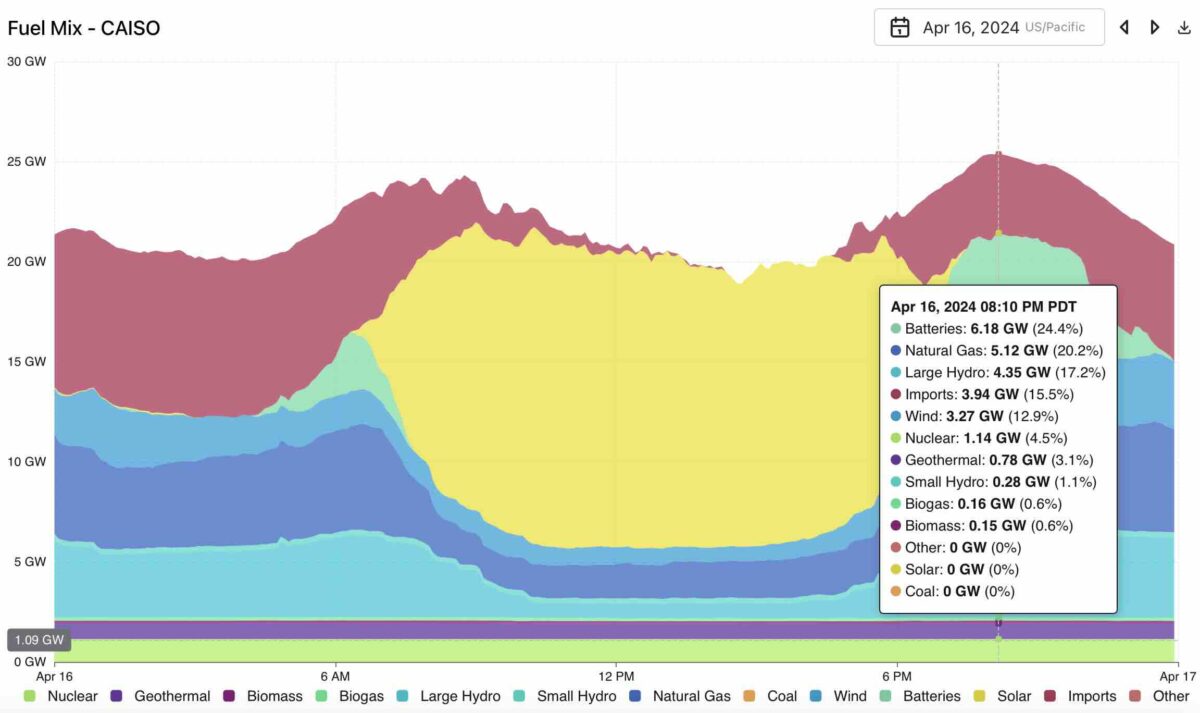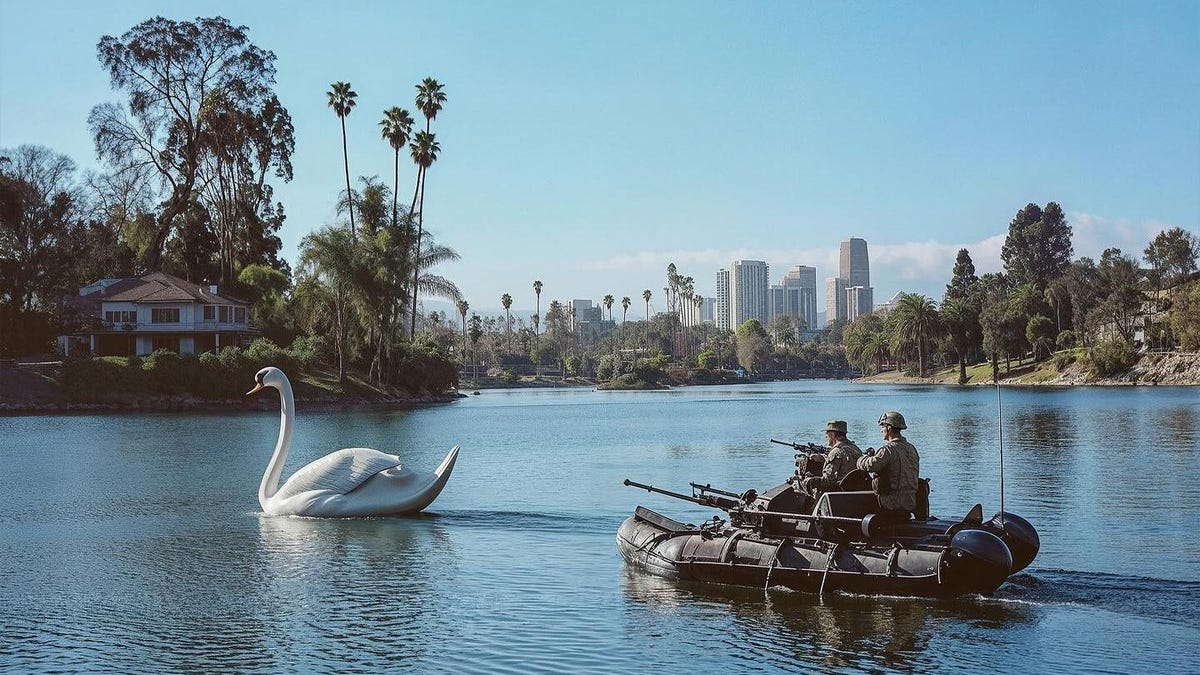
I avoided authorship discussions with collaborators—until I learned some hard lessons
As a Ph.D. student, I was excited when a friend proposed we collaborate on a project. I asked my supervisor for permission and he happily agreed, but advised that we should define our expected contributions and credit before starting. I didn’t heed his words. I wasn’t going to negotiate with a fast friend; I fully trusted my collaborator to give me fair credit, and I did not want to come across as entitled. Everything went fine. We completed and published the work as co-authors. Years passed, and I forgot my supervisor’s advice.
As I moved into an assistant professor position, I knew publishing was crucial for my career. Initially I didn’t have the funding or projects to recruit my own graduate students, so I co-supervised students who were under the primary supervision of other colleagues. I shared the intellectual burden and was a co-author on the resulting papers. My colleagues and I were quite satisfied with this win-win situation, and everything seemed to be going smoothly—until I moved to another institution.
Just a few months after leaving, I was browsing the literature and found a new article published by a student I had co-supervised. I was shocked and disappointed to see that I was not listed as an author or even acknowledged. I brought it up to the other supervisor, who was a close friend at the time. He told me they had just overlooked my contribution, but I doubted that. Plenty of other authors on the paper seemed to have contributed less to the work. We couldn’t come to a happy resolution. We never collaborated again, and our relationship was ruined. Years passed, and I nearly forgot this difficult experience, which I saw as an unfortunate onetime dispute.




